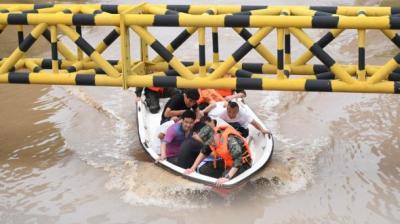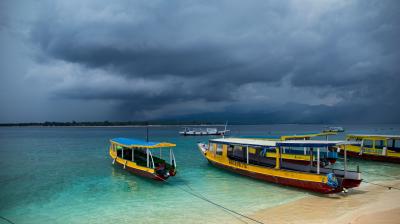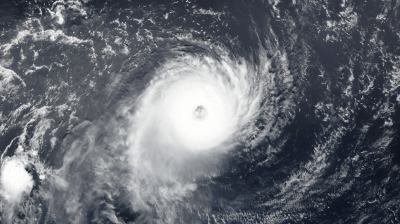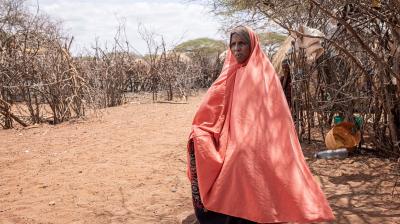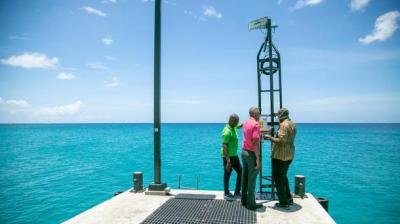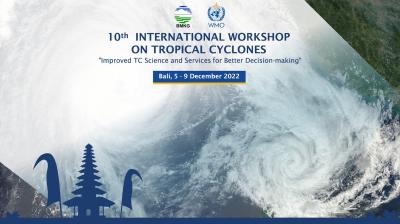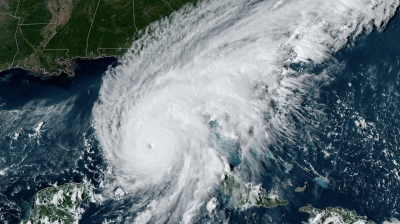Haiti marks 10th anniversary of earthquake
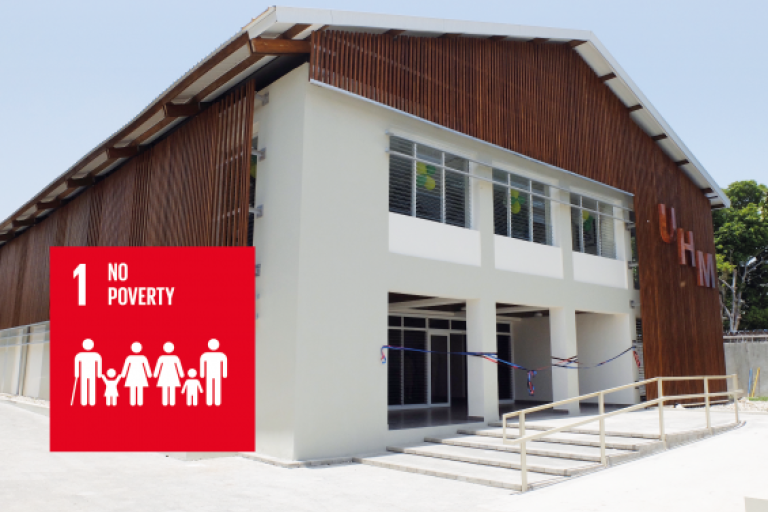
The tenth anniversary of Haiti’s earthquake has been marked with ceremonies and renewed commitment to building a better future for the impoverished nation.
“We remember the hundreds of thousands of Haitians who lost their lives and the millions gravely affected by the devastating earthquake that struck their country ten years ago,” Mr. Guterres said in a video statement.
The earthquake on January 12, 2010, and its aftershocks caused well over 230 000 deaths and displaced 1.5 million people. Much of the island's infrastructure was severely damaged.
The UN chief said that over the past decade, Haiti has drawn on the resilience of its people and the support of its many friends to overcome this disaster.
For its part, WMO has worked to rebuild Haiti’s National Meteorological and Hydrological Service (CNM), which was completely destroyed in the earthquake. Staff have been trained and daily weather forecasts are now issued, along with advisories on marine conditions and early warnings of tropical cyclones.
Thanks to funding from the Government of Canada (through Environment and Climate Change Canada) and support from other partners, Haiti’s meteorological and hydrological service has a new specially designed headquarters.
It is constructed to withstand earthquakes and hurricanes, enabling operations to continue during extreme events when services are most needed. Solar panels will power daily activities and will provide a back-up against electricity outages.
“Haiti is one of the world’s most vulnerable countries to natural hazards, aggravated by climate change and rising sea levels,” said World Meteorological Organization Secretary-General Petteri Taalas.
WMO is working to strengthen Haiti’s capacity to provide high-quality weather, hydrological and climate services to increase resilience to hazards including tropical cyclones and floods. WMO  is working with Haiti to improve its service delivery. Work is also being done to deepen the meteorological and hydrological service engagement and involvement with the disaster risk reduction community.
is working with Haiti to improve its service delivery. Work is also being done to deepen the meteorological and hydrological service engagement and involvement with the disaster risk reduction community.
These efforts will be boosted this year by funding of US$1.5 million from the Climate Risk Early Warning Systems Initiative (CREWS). Established in 2015, CREWS has invested USD 42 million in projects in Least Developed Countries and Small Island Developing States and has mobilized an additional USD 130 million from public funds of other development partners.
CREWS was launched by France, Australia, Germany, Luxembourg and the Netherlands at COP21 in Paris. Two additional countries have since joined, Switzerland and the United Kingdom.
CREWS allows LDCs and SIDS to draw on the expertise of three partners: the World Bank and its Global Facility for Disaster Risk Reduction and Recovery, the World Meteorological Organization, that also hosts the CREWS Secretariat, and the UN Office for Disaster Risk Reduction.
In 2017, WMO signed a contract with Météo France International to strengthening Haiti’s predictive capacity, ensuring the quality of aviation meteorological services and improving the observation network. Meteo France provided weather forecasting and warning service for Haiti from its office in Martinique for nearly 6 years after 2010.
“With the continued support of the international community, Haiti is striving to achieve the Sustainable Development Goals (SDGs), including through strengthening the institutions that are so crucial to the wellbeing and prosperity of its people,” Mr. Guterres said.
Mr Taalas will participate in a commemoration in Geneva on 15 January with, among other participants, Haiti’s Minister of Foreign Affairs.


